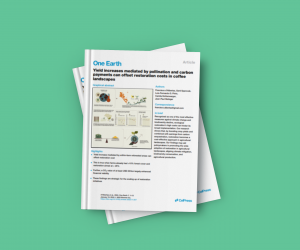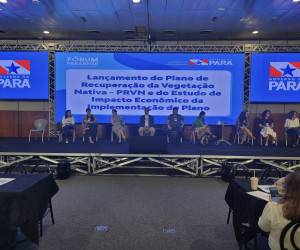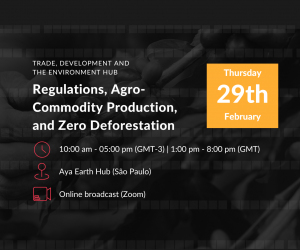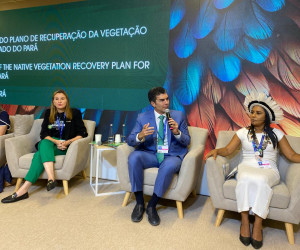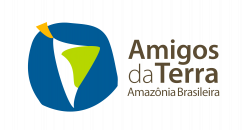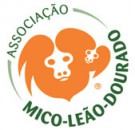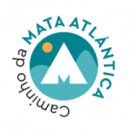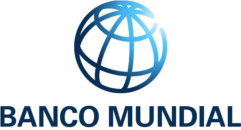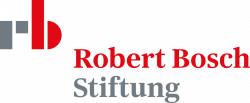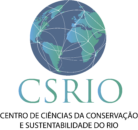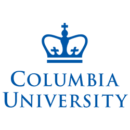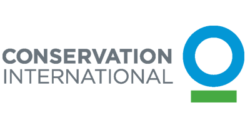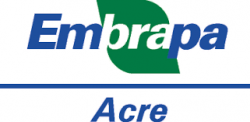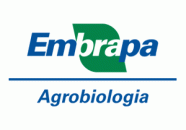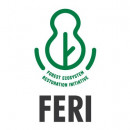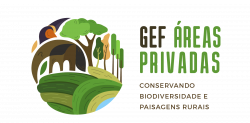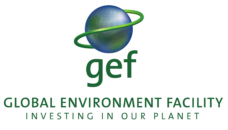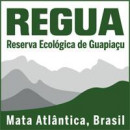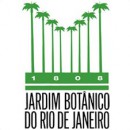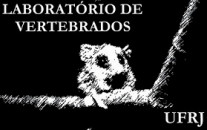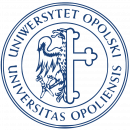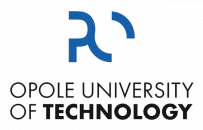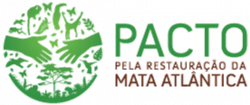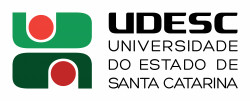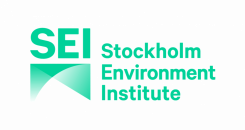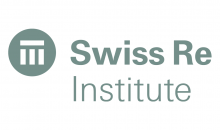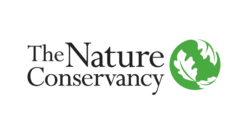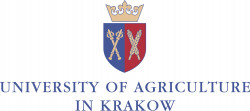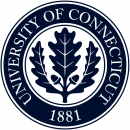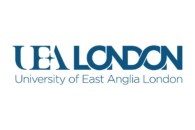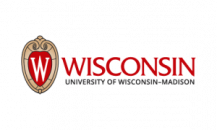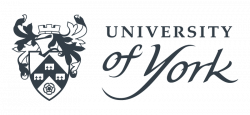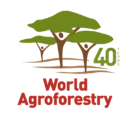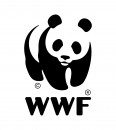About IIS
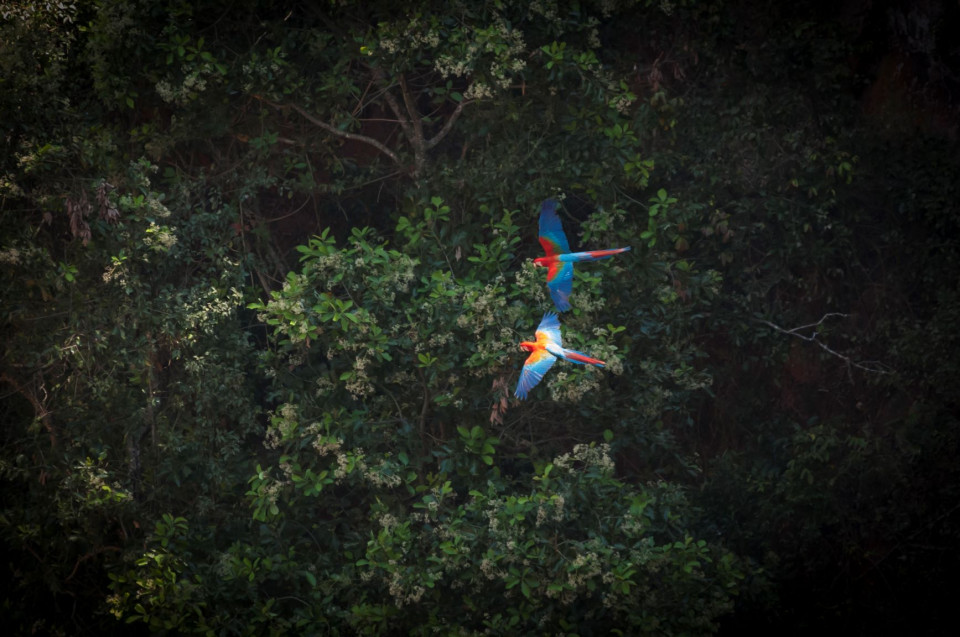
The International Institute for Sustainability (IIS) is a private non-profit organization whose mission is to develop transformative solutions for a sustainable world, based on Science and other forms of knowledge.
The IIS works to promote positive impact on public policies, business models, and decision-making processes with governments, businesses, multilateral organizations, and civil society.
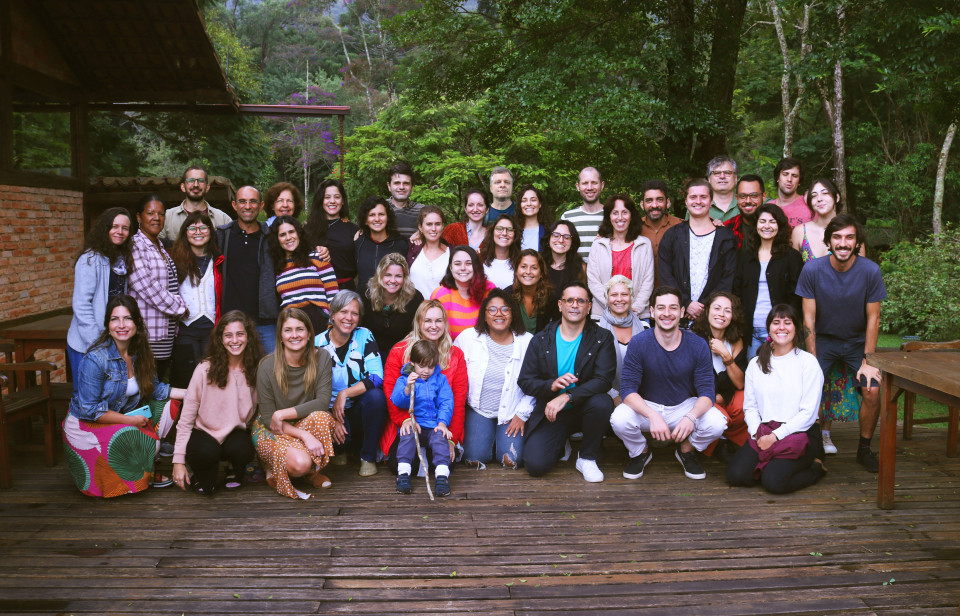
The IIS stands out for having a qualified team, operating nationally and internationally with an extensive network of partners, and for democratizing access to Science through solutions that generate public goods.
Our values are:
Excellence
We are a scientifically grounded organization that values the training, development, and continuous learning of our team members. We prioritize the quality of our deliveries.
Collaboration
We believe that complex problems can only be solved through cooperation and transdisciplinarity. Therefore, we develop solutions collaboratively.
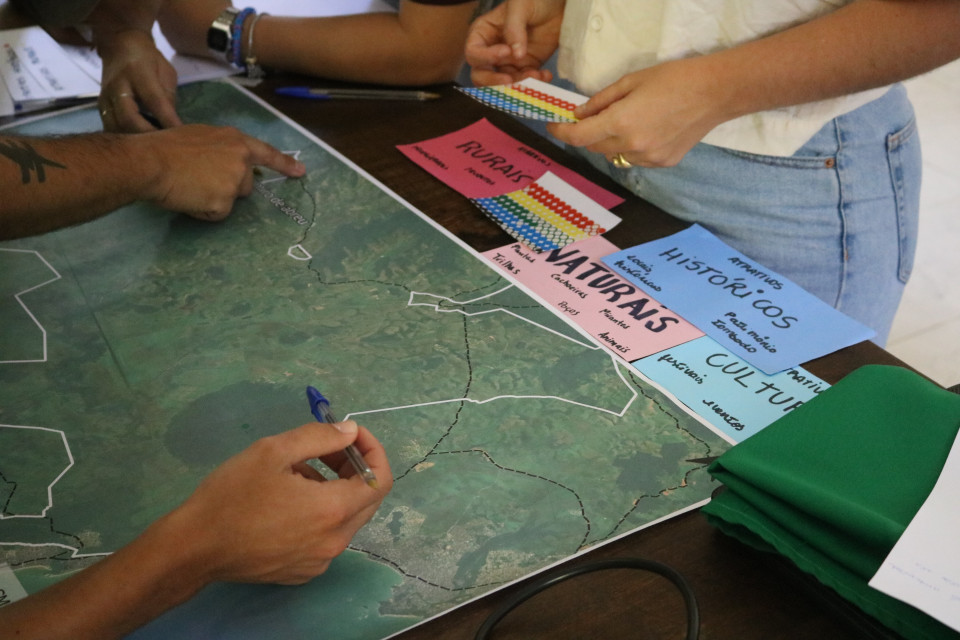
Commitment
We are guided by the purpose of delivering solutions to the challenges of sustainable development.
Independence
We are not affiliated with any institution, party, or individuals, ensuring our freedom of opinion, thought, and work.
Flexibility
We adapt our solutions to the demands of our partners and are flexible in our approach and execution.
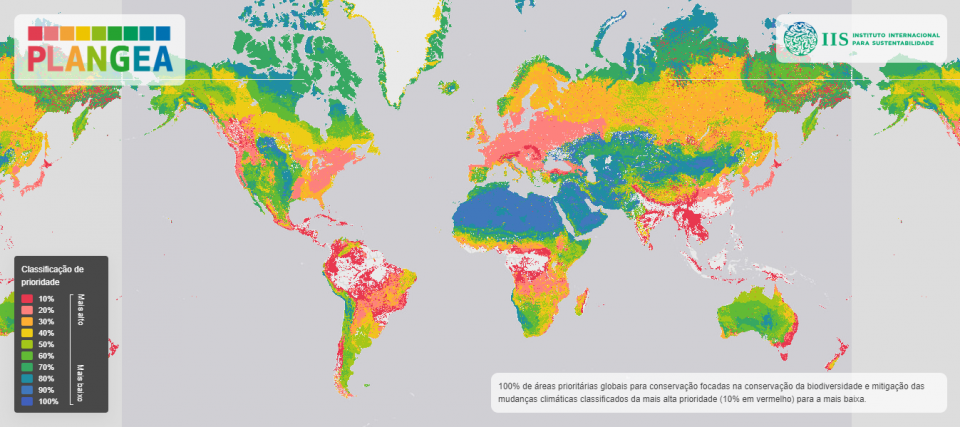
To develop transformative solutions for a sustainable world, IIS operates through the following services:
Spatial Intelligence for Nature Conservation and Restoration
Developing spatial methods and models that identify priorities for action, considering different criteria such as carbon sequestration potential, biodiversity conservation, its contribution to people's lives, and economic costs.
Modelling and Valuation of Natural Capital
Working with ecosystem services modeling and environmental valuation in different contexts, proposing Nature-Based Solutions for climate change mitigation and adaptation, defining indicators for measuring and monitoring biodiversity, and formulating/evaluating net-zero and nature-positive strategies.
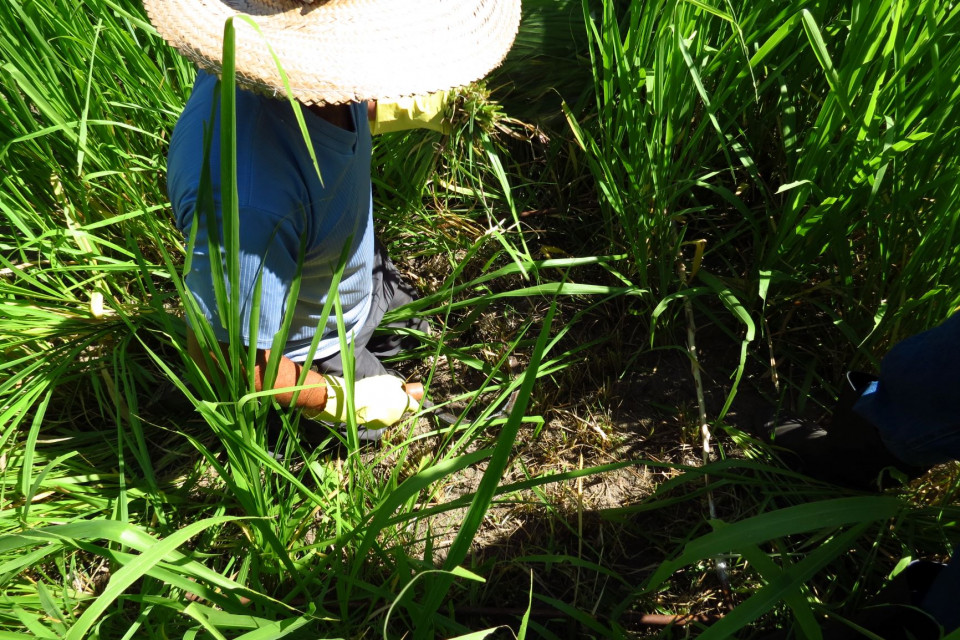
Sustainable Soil Management
Generating solutions based on Soil Sciences, such as the use of biochar to optimize land use and enhance agricultural and ecosystem restoration benefits. Translating this knowledge in favor of a circular and low-carbon economy.
Sociobiodiversity Value Chains
Working on the development of production systems and sustainable use of biodiversity, solutions for payment for environmental services, and other arrangements aimed at income generation, focusing on bioeconomy and sociobiodiversity value chains.
Implementation of Field Solutions
Implementing and refining actions for the integrated management of rural properties and landscapes, including conservation and restoration projects. Supporting and collaborating with local partners and extensionists in training and environmental education actions.

Land Use Modelling
Creating spatially-explicit models to understand and predict how territories can be used. Conducting analyses of agricultural patterns, urbanization, nature conservation, and other activities. These models assist in decision-making for urban planning, environmental management, and sustainable development at different scales.
Support for the Development and Enhancement of Public Policies
Working directly with governments, from local to international scales, and businesses in technical and organizational support for policy development. Conducting analyses of the public policy cycle, generating support studies for decision-making, and mapping and engaging stakeholders.

